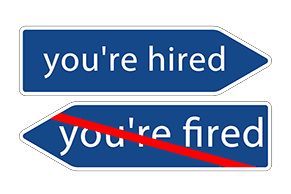The FHA loan has a relatively complicated mortgage insurance structure that recently underwent a few importance changes.
At base, the important this to know is that FHA loans taken out after April 1, 2013 are more expensive for borrowers, thus making the benefits of refinance (when possible) even larger.
The changes did two things:
- Increased monthly insurance payments.
- Increased the duration that the monthly mortgage insurance is required.
In the past, mortgage insurance on many FHA loans would be cancelled after five years and/or 78% equity threshold. Now, mortgage insurance is required to run either 11 years or the entirety of the loan term.
Borrowers must reach the equity thresholds (78%) by way of payment. In other words, borrowers can’t rely on an increase in equity due to market movement.
The fees can get very expensive in either fee structure (old or new). Consider, a standard FHA monthly mortgage insurance fee charges 1.25% of the loan amount. This brings your monthly interest rate up from (say) 4.25% to 5.50%.
Click here to read about the FHA mortgage insurance structure.





















